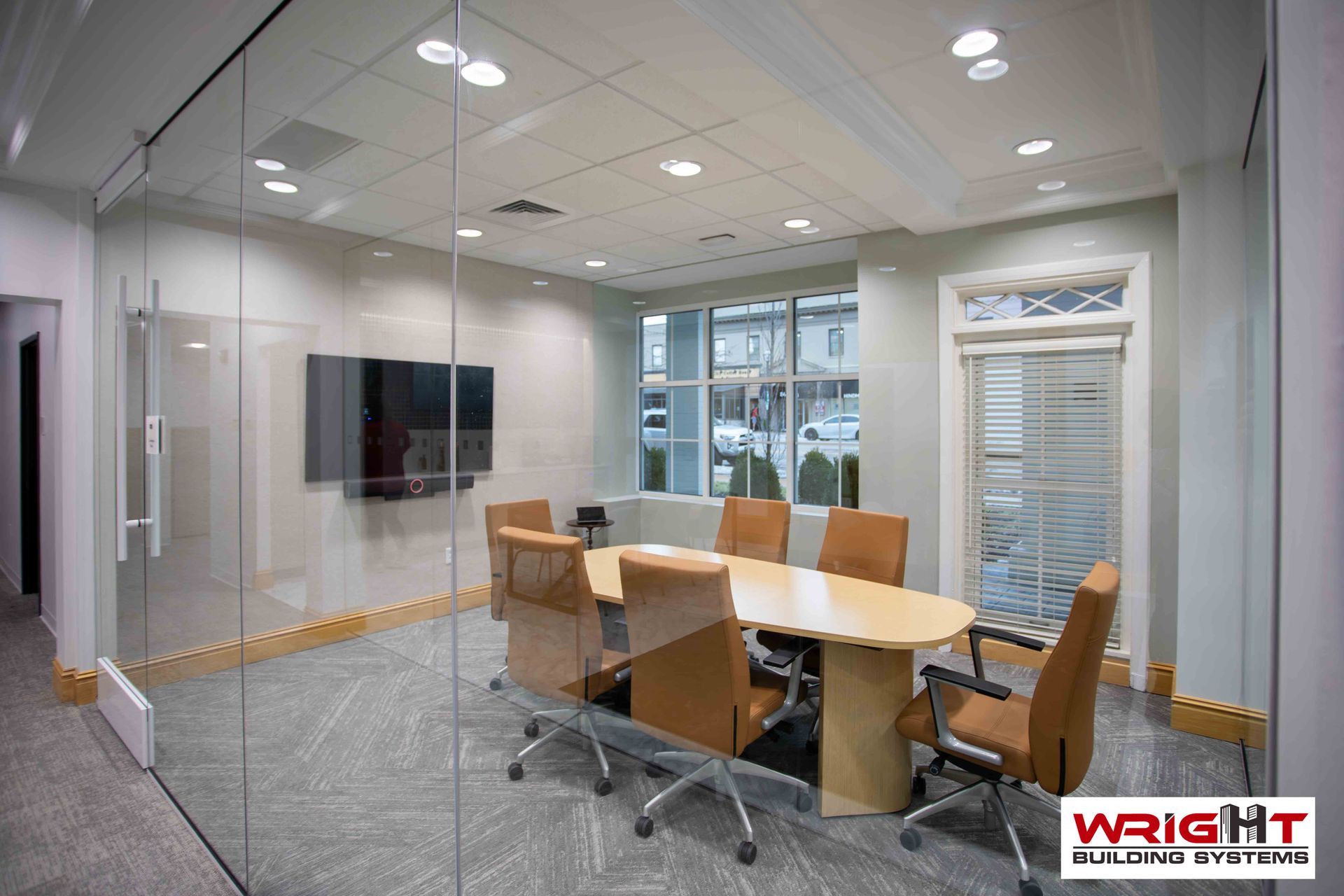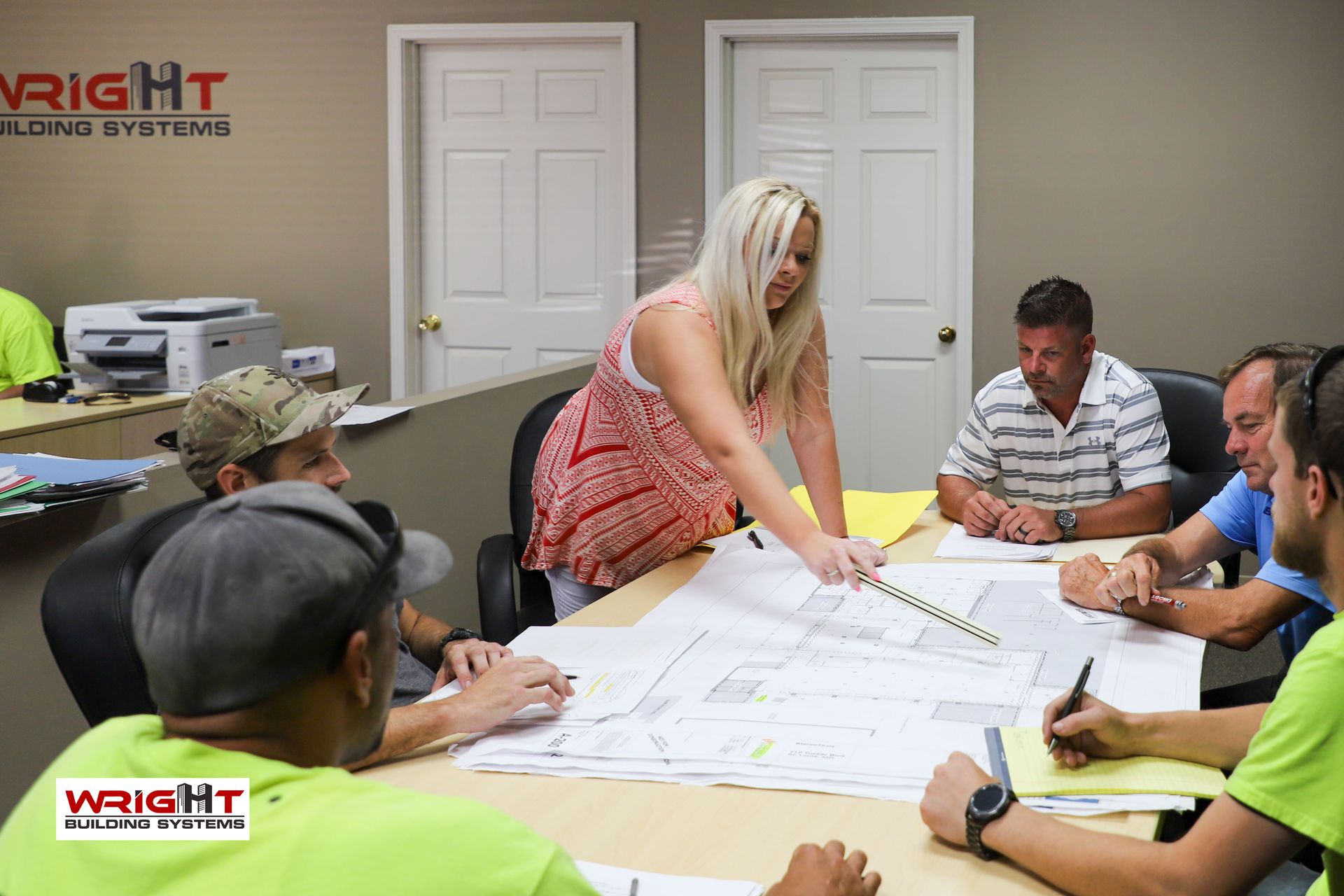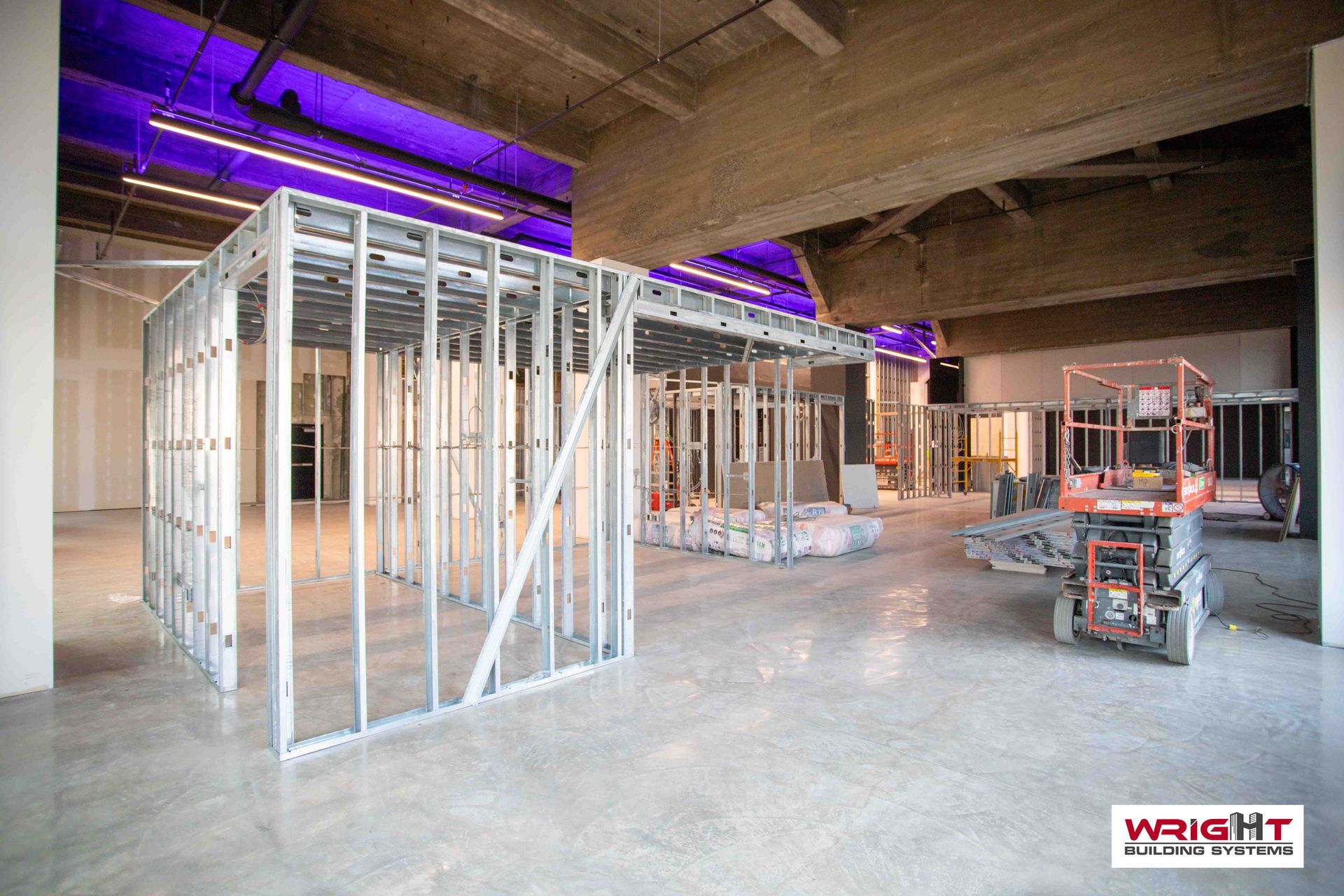Is This Project a Good Fit For My Construction Crew?
While the excitement of each potential new build, renovation, or proposal may have you already planning the groundbreaking, not every project is worth pursuing.
For commercial general contractors, knowing when to say "yes"—and when to walk away—can be the difference between a profitable year and one filled with stress, delays, and strained relationships.
Whether you're evaluating a high-security SCIF, a historic renovation, a new build, or a public school remodel, understanding whether a project aligns with your team's capacity, expertise, and strategic goals is essential.
Here's how to determine if a commercial construction project is the right fit for your construction team.
Understand the Scope and Complexity
First and foremost, examine the project's scope.
How big is it? What kind of timeline are you considering? Does the job include unique challenges such as specialized systems, historical preservation, or government-mandated security requirements?
While these questions are fundamental in determining whether or not you should pursue the project, the most critical considerations pertain to you and your crew's prior experience and knowledge.
- Have we completed similar projects before?
- Do we understand the compliance requirements?
- Will we need to bring in niche subcontractors or consultants?
If the project is outside your wheelhouse but still intriguing, weigh whether it's worth stretching your capabilities or referring it to a trusted partner.
Review Your Current Capacity & Schedule
Just because a project is attractive doesn't mean you have room for it on your docket.
Examine your current and upcoming project pipeline to see if you can deliver the new job without compromising existing commitments.
- Your team's availability throughout the project.
- Key staff who would lead or manage the job — are they free?
- Equipment, materials, and subcontractor availability.
Overcommitting can lead to burnout, quality issues, and damage to your reputation. Be honest with yourself and your team.
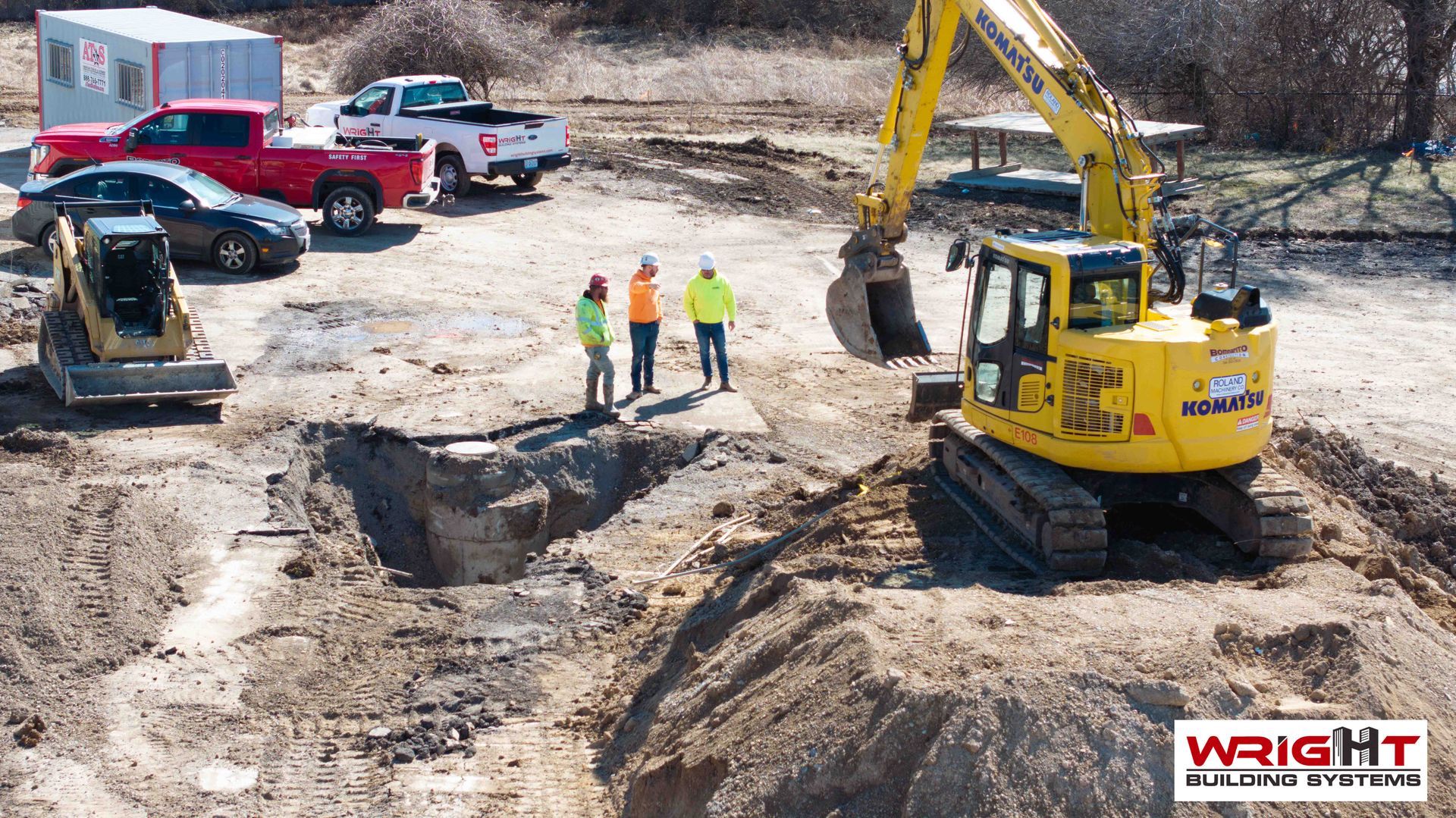
Assess Financial Fit and Risk
The financial side of the equation is just as critical as the build itself. Analyze the potential profitability, not just the top-line number.
- Are the margins in line with your goals?
- Does the payment schedule work for your cash flow?
- Have you researched the client's financial reputation?
If the client has a history of late payments or you notice vague language around change orders, that could (and probably should) be a significant red flag.
Projects with tight budgets and aggressive schedules may sound impressive, but they cost more than they're worth.
Evaluate Team Expertise and Resource Requirements
Make sure the project aligns with what your team does best. If your team thrives on complex renovations or government compliance, a fast-paced retail build-out might not be the right fit (and vice versa).
- Will the job require training or new certifications?
- Will we need to source unfamiliar equipment or tech?
- Are our trusted subs available and qualified for this kind of work?
Being out of your depth can erode client trust and weaken your team.
Consider Relationship Value and Strategic Goals
Sometimes, a project is worth pursuing not for its immediate value but for its long-term potential. Ask yourself questions pertaining to whether the opportunity opens the door to benefits for your organization.
- A new client with a strong future pipeline?
- A different industry or market you're targeting?
- A location where you want to expand your presence?
If it's a stepping stone to bigger opportunities and fits with your strategic goals, it may be worth the extra effort or compromise in the short term.
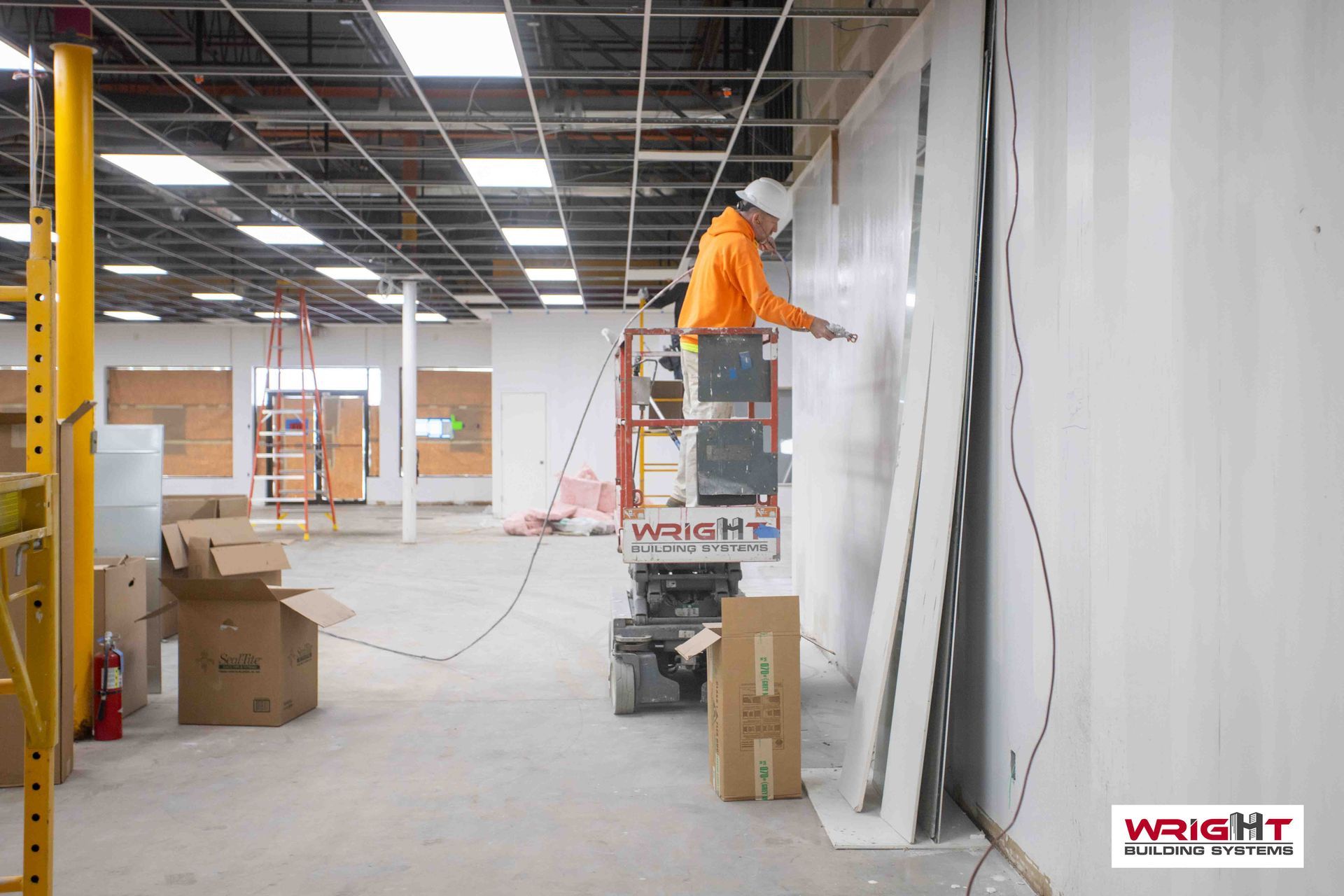
Analyze Logistical and Operational Challenges
Beyond the drawings and budget, consider the site and local factors that could impact your ability to deliver efficiently.
- Are there permitting hurdles that could delay the start?
- Will you face restrictions related to noise, access, or environmental regulations?
- Is the job site in a high-traffic or congested area?
Challenges like limited staging areas, seasonal weather impacts, or lengthy approval processes can disrupt even the most well-planned schedules.
Check Alignment with Company Culture and Values
Your organization's internal culture matters. If a client's expectations, working style, or communication approach clash with yours, the project may create tension regardless of its profitability.
- Does the client respect your process?
- Is the architect or construction manager collaborative or adversarial?
- Will this job energize your team or drag them down?
A good cultural fit with clients and project team members leads to smoother builds and fewer surprises.
Trust Your Instincts and Past Experience
Finally, and perhaps most importantly, don't ignore your gut.
Most experienced GCs can sense when something feels "off" — or when an opportunity clicks. Talk to your project managers, estimators, and field leaders. They'll often spot things in the scope, drawings, or client expectations that hint at deeper issues or opportunities.
Learn from your past wins and losses. If a similar project led to headaches, reflect on why and apply that insight before committing to something new.
Work With Wright Building Systems
Choosing the right projects isn't just about keeping crews busy — it's about building a sustainable, profitable, and enjoyable business.
Being selective allows you to protect your reputation, maintain high standards, and focus your resources where they'll do the most good. The right fit benefits your team, clients, subs, and the project's overall success.
Greater St. Louis business owners repeatedly trust Wright Building Systems with their projects. We are committed to safety and delivering finished products that exceed expectations.
Our dedicated team has the equipment, technical skills, and perseverance to complete your project.

